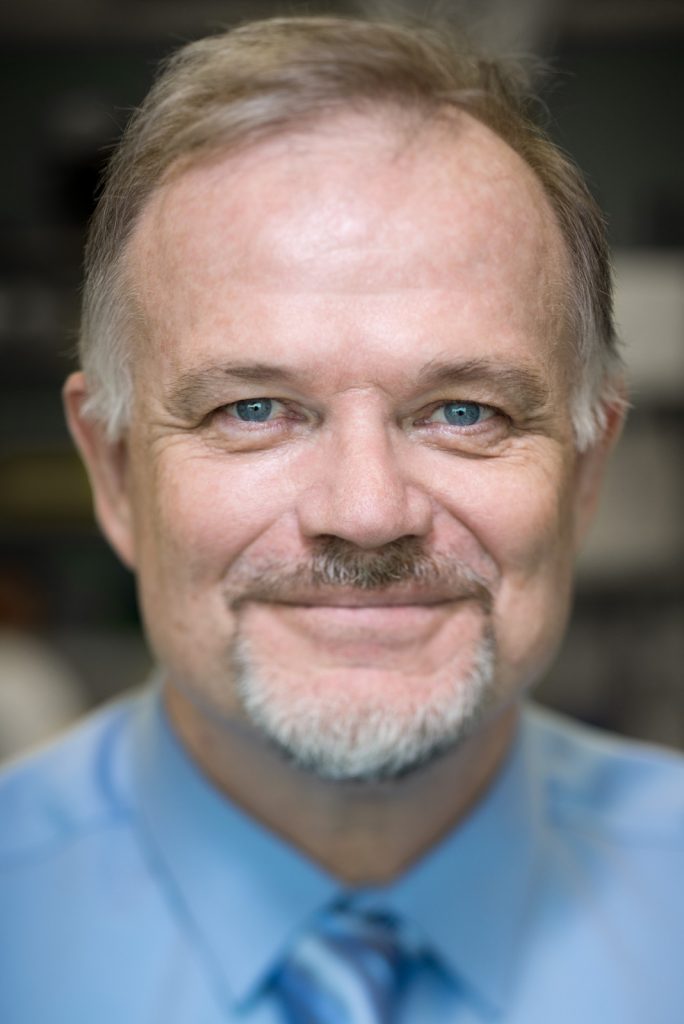Richard Gibbs
Class of 2015-16

Baylor College of Medicine
National Academy of Medicine
The Academy of Medicine, Engineering and Science of Texas
As a pioneer in genetics, Richard Gibbs is best known for his work in whole-genome sequencing for the discovery of genetic diseases.
In 1996, he established the Baylor College of Medicine’s Human Genome Sequencing Center, one of the five worldwide sites selected to undertake and complete the Human Genome Project. By 2003, that center contributed roughly ten percent of the sequence and has advanced comparative genomics by sequencing the genomes of fruit flies, rats, honeybees, sea urchins, and cattle.
A native of Australia, Gibbs received a bachelor’s degree in 1979 and a doctoral degree in 1985, both in genetics and radiation biology, from the University of Melbourne. He moved to the Baylor College of Medicine as a postdoctoral fellow to study the molecular basis of human X-linked diseases, which are single-gene disorders caused by defects on the X chromosome, and to develop technologies for rapid genetic analysis. As a postdoc, Gibbs developed several basic nucleic-acid technologies that are applied to genomic sequencing.
In 1991, Gibbs joined the Baylor genetics faculty and contributed to the early formulation of the aims of the International Human Genome Project. Today, in addition to directing the center he founded, Gibbs holds the Wofford Cain Chair and is a Distinguished Service Professor in molecular and human genetics at the Baylor College of Medicine in Houston.
The Human Genome Sequencing Center pioneered whole-exome capture methods and published the first diploid sequence of a human. The center also demonstrated the utility of whole-genome sequencing for genetic disease discovery and for guiding effective clinical treatments. In 2011, the center’s staff began to deploy these methods in routine clinical practice and to provide full gene sequencing to hundreds of patients each month.
The center is now one of three federally funded large-scale genome sequencing centers designated by the National Institutes of Health. It employs a staff of 180, including eighteen faculty members. Their current research is focused on the genomics of cancer, heart disease, and autism. In addition, the center is part of the national program for systematic discovery of the cause of human single-gene defects and has an active bioinformatics program, with research projects involving biologists and computer scientists. Gibbs and his researchers are developing tools for generating, manipulating, and analyzing genome data.
Gibbs received the Michael E. DeBakey, M.D., Excellence in Research Award in 2000 and the Chancellor’s Distinguished Lectureship at Louisiana State University in 2001. He was elected to the Texas Academy of Medicine, Engineering, and Science and the National Academy of Medicine, both in 2011.
Gibbs has published six books and 356 peer-reviewed articles and owns eleven patents.
As a TIAS Faculty Fellow, Gibbs will collaborate with faculty–researchers and graduate students in the College of Medicine.
For more updated information:
https://www.bcm.edu/people/view/richard-gibbs-phd/b1560782-ffed-11e2-be68-080027880ca6
